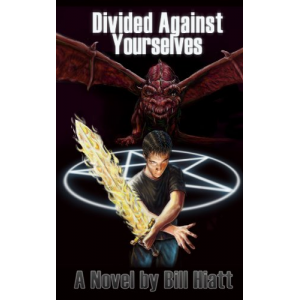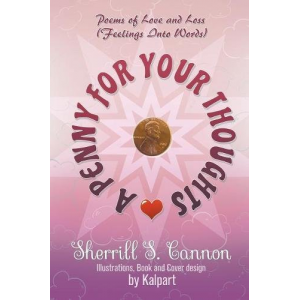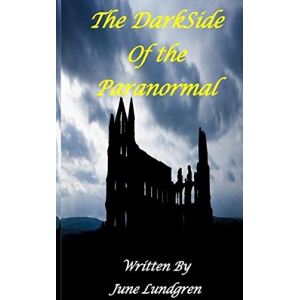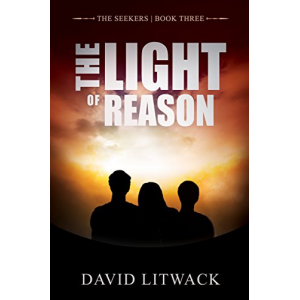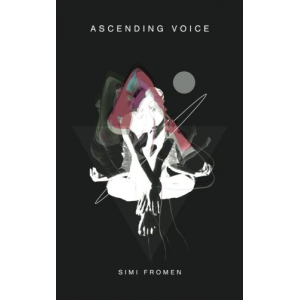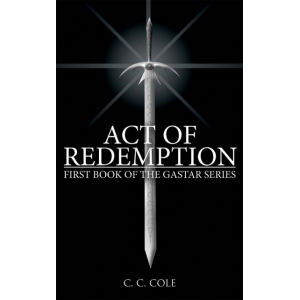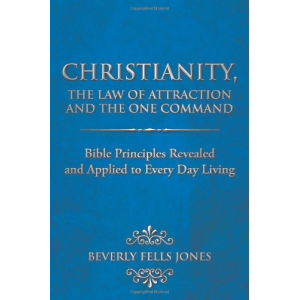- Author
- Book
- Story behind the book
- Media Links
- Reviews

Karla Brady
About
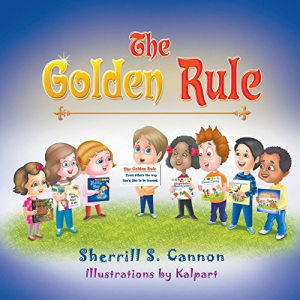
The Golden Rule
Description
<p>What if you treated others the way you'd like to be treated? What if everyone did that? What kind of world could there be? Robert and Kait decide to look for the golden ruler that their Mom has told them about, only to find out that she meant RULE instead of ruler. What is this "Golden Rule" and what does it mean? Join in the children's quest to discover how to follow the Golden Rule and share it with others, as you meet many classroom friends from the author's previous books. This is the eighth rhyming children's book by award-winning author Sherrill S. Cannon, whose other bestselling books include Mice & Spiders & Webs...Oh My!, My Fingerpaint Masterpiece, Manner-Man, Gimme-Jimmy, The Magic Word, Peter and the Whimper-Whineys and Santa's Birthday Gift. Former teacher Sherrill S. Cannon has won thirty-six awards for her previous rhyming books and is also the author of seven published and internationally performed plays for elementary school children. She has been called "an absolute master of rhyming" by Mother Daughter Book Reviews and "a modern day Dr. Seuss" by GMTA Review. She lives in New Hope, Pennsylvania. Now retired, she travels the country with her husband in an RV, going from coast to coast to visit their children and grandchildren, and sharing her books along the way. Publisher's website: http://sbpra.com/sherrillscannon</p>
Story Behind The Book
I’ll fully admit that of the five books I’ve written, taking on the Soul of the Band series was the most difficult of my writing life because it’s probably the one that most closes draws on my own personal experiences. Putting your life on paper for the world to read (and criticize) is tough for an author, and this required some courage on my part. I really had to dig deep, not only to get the words on paper, but to ensure I was telling the right story for the right reasons. I didn’t want to hurt my family, but I realized that sharing those difficult experiences, even fictionalized events of my life, couldn’t be anything other than right if I wrote the story to help people. And that was my sole purpose—to help people who’d endured similar difficulties and might be in such a dark place they wondered if they’d ever see light or feel happiness again. The answer I can give, from experience, is YES. The truths. Yes, my mother suffered from mental illness when I was young, but unlike in the story, several years before high school. I was much younger than Brandy. Her illness was an issue that evolved gradually into a small nightmare—when I came home from school one day to find that we’d been evicted from our home. My Aunt Charlotte (Aunt Charlie) who lived a few miles away, came to collect our things and took me to live with her while my mother went into treatment to get well. It was the most difficult time of my life, one in which I wondered if I’d ever experience normalcy again. Without my Aunt I don’t know how I would’ve survived it. She was the most loving and nurturing person in my life. She taught me how to face difficulties head on. As a former nurse, she taught me how to view my mother’s illness as an illness and not as an embarrassment, source of shame, plot to make my childhood miserable—even though sometimes it still felt that way. Mom needed medication to get better. Eventually she would finish treatment, and to maybe get a fresh start on her life, we moved back to her hometown in Ohio—a tiny village in the valley—where I joined a predominately white marching band (encouraged by my drummer cousin) and learned first to play the baritone, then the tuba, and in my senior year, became the field commander—the first African-American at my school. In an interesting twist, my mother (who graduated from the same high school) was the first African-American majorette back in the 60s. And that’s where the similarities end. All the other situations and characters are fictional. In a very crushing blow, my Aunt Charlotte, my angel on Earth, died of cancer a few years ago. I couldn’t even go to her funeral because I couldn’t face the loss. Not sure I’ve put that behind me even until this day. To me it feels more like we haven’t spoken in a long time than like she’s gone from this world. I feel like she still watches over me from a higher, better place. When I started writing the book, I wanted it to be a tribute to her role in my life. Because if she hadn’t been there for me, I don’t know where I’d be today. I decided to make it a series rather than a story because it was just too much story to tell in one book. So many thing happened and for a non-fantasy or science fiction novel, it would’ve been 150,000 words. So I decided to break it into three parts and started writing. I’ll admit that I kind of “wrote angry” at first because thinking about all the things I endured made me ache. The first three chapters were so hard to write, but they are the most truthful in the book. After I finished the book, I gave the book to my agent and he said he didn’t like Brandy because she wasn’t likeable. Admittedly, she probably wasn’t because I wrote from pain. I finished writing the story late summer 2011, just last year. But my mother, who’d been a huge fan of mine and read everything I’d written, didn’t have any idea I wrote this book. Obviously, it was difficult for me to broach the subject and dredging up so many painful moments we shared. Even though I handled the story in the most honest, respectful way I could, I feared she would get very very upset. So I decided, for the first time in my career, to toss the story in a drawer until I got the courage to tell her. As it would turn out, I would never get the chance. My mother died of uterine cancer on March 28th of this year, without question the most difficult loss of my life. In coping with her death over the days and weeks, and thinking about this book, my mission eventually changed. Not only did I want to pay tribute to my aunt, but I wanted—no needed—to pay tribute to my mother’s life too. So, three weeks after her death, I rewrote the novel from a more forgiving place. I finally let go of the pain and I could feel the weight released from my soul. I didn’t even send it back to my agent, just edited the manuscript several times and put it out there myself—because I quite frankly didn’t want any changes to the story. Whatever people may think of this novel or how they may criticize it, it’s one of the most honest stories they will ever read in terms of the emotion—even if most of the situations and characters are fictional. And as an author, I wouldn’t want to have it any other way. And that is the story behind Soul of the Band: Making the Cut.
